I have been asked many times if sincerity is enough, whether it really matters what one believes as long as one is sincere in their beliefs. The simple answer is that it depends on what belief one is sincere about. There are some things that truly don’t matter, but others certainly do.
For the purpose of this blog, we won’t explore issues of physical health, such as whether it matters if someone smokes cigarettes or marijuana as long as they sincerely believe that cigarettes help their lungs function better or that marijuana improves their brain health. Our beliefs do not change physical reality or the laws of health, so we won’t be exploring this.
People’s concern and the intention of their question about sincere beliefs are almost always related to salvation, to right standing with God and receiving eternal life, regardless of one’s belief. People want to know if they and their loved ones who believe things differently can both be in heaven, and they wonder if the key might be sincerity, that even if they believe differently than another, both can be saved as long as both are sincere in their respective beliefs.
However, the issue isn’t simply sincerity but what we are sincere about—is our sincerity about facts or about methods?
If someone sincerely believes something wrong regarding some fact, such as the method of baptism, which beast is what nation, or who is the king of the north, but they simultaneously are sincere about their trust in God and the methods of God and practice those methods, then their character is demonstrating that the law of God has been written upon their heart (Hebrews 8:10). But if someone is right on the facts but wrong on the methods of God, then as they practice the wrong methods to advance the right fact, they corrupt their character and harden their heart and close the Holy Spirit out of their life.
What are the methods of God? Truth, love, and freedom.
Truth
The righteous are not those who know all truth—only God knows all truth. But the righteous have hearts that love truth. They are humble, teachable, and willing to listen and be corrected by God’s revelation of truth. By contrast, the lost love their position, power, creeds, and preconceived ideas and resist the truth, argue against it, and they will use methods that obstruct unfolding truth—censoring, restricting free speech, burning books, and deplatforming, imprisoning, and even killing those who share the truth. Jesus, right after telling us that God loves us so much that He gave His only begotten Son so that whoever trusts Him will not perish but have everlasting life, said:
This is the verdict: Light has come into the world, but men loved darkness instead of light because their deeds were evil. Everyone who does evil hates the light, and will not come into the light for fear that his deeds will be exposed. But whoever lives by the truth comes into the light, so that it may be seen plainly that what he has done has been done through God (John 3:19–21 NIV84).
Those deemed righteous will be sincere lovers of truth, eager to advance in the truth, grow in the truth, and embrace and practice the truth as soon as they are capable of appreciating it. But the lost will “perish because they refused to love the truth and so be saved” (2 Thessalonians 2:10 NIV84).
Yes, it matters whether we sincerely love the principle of truth, or whether we love our doctrines, our creeds, our dogmas, “our truth” and close our hearts to the ever-increasing light of God.
Love
When asked what the greatest commandment is, Jesus replied:
“Love the Lord your God with all your heart and with all your soul and with all your mind.” This is the first and greatest commandment. And the second is like it: “Love your neighbor as yourself.” All the Law and the Prophets hang on these two commandments (Matthew 22:36–40 NIV84).
God is love, and He has created life to live, function, and grow only upon the principle of love, the method of other-centered giving. The more love we give, the more we receive.
Jesus said,
My command is this: Love each other as I have loved you. Greater love has no one than this, that he lay down his life for his friends (John 15:12, 13 NIV84).
The apostle John wrote,
God is love. Whoever lives in love lives in God, and God in him. In this way, love is made complete among us so that we will have confidence on the day of judgment, because in this world we are like him. There is no fear in love. But perfect love drives out fear, because fear has to do with punishment. The one who fears is not made perfect in love. We love because he first loved us. If anyone says, “I love God,” yet hates his brother, he is a liar. For anyone who does not love his brother, whom he has seen, cannot love God, whom he has not seen. And he has given us this command: Whoever loves God must also love his brother (1 John 4:16–21 NIV84).
And Revelation describes those who are ready to meet Jesus when He returns with these words:
They overcame him [Satan] by the blood of the Lamb and by the word of their testimony; they did not love their lives so much as to shrink from death (Revelation 12:11 NIV84).
The saved are sincere about loving God and others more than self. The saved may not understand every text of Scripture correctly, but they will love those they view as wrong, so much so that they are like Jesus and would give their lives to save others, even their enemies.
But the enemies of God are dominated by fear and selfishness and will not sacrifice self to help others, but will coerce, exploit, and force others to comply (the methods of the beast) to make themselves feel safe.
Freedom
Love exists only in at atmosphere of freedom. Take away freedom and love is destroyed, rebellion is instilled, and individuality is eroded. It is only leaving people free after presenting the truth to them in love that wins hearts and minds to loyal love and friendship.
This is why the Bible teaches that every person must be fully persuaded in their own mind (Romans 14:5).
God is infinitely powerful, but what God wants—our love, trust, loyalty, devotion, friendship—cannot be achieved by Him using force, pressure, external power, or threat. This is why the Bible says that God advances His cause “‘not by might nor by power, but by my Spirit” (Zechariah 4:6 NIV84).
It is important to present the truth, yes, but truth only has transforming power when the individual freely chooses to embrace it for themselves. As the famous saying goes, a person convinced against their will is of the same opinion still. Thus it is only by leaving people free to decide for themselves that transforms hearts and minds from enemies of God into friendship with Him.
This is why the Bible says:
Now the Lord is the Spirit, and where the Spirit of the Lord is, there is freedom (2 Corinthians 3:17 NIV84).
And those who have the Spirit of the Lord have God’s law written upon their hearts. And God’s law is His design protocols of truth, love, and freedom. The saved live out God’s principles in how they treat others. And when we live His law, His precepts, we are free from fear, selfishness, and sin:
I will walk about in freedom, for I have sought out your precepts (Psalm 119:45 NIV84).
This is exactly what James meant when he wrote:
But the man who looks intently into the perfect law that gives freedom, and continues to do this, not forgetting what he has heard, but doing it—he will be blessed in what he does (James 1:25 NIV84).
The saved are sincere about loving truth; they are sincere about loving God and others; and they are sincere about loving freedom. They sincerely live out God’s methods in how they treat others.
But while the lost may have some doctrinal truth, they reject the design laws and methods of God and seek to advance their “truth” with the methods and practices of Satan and this world; they use force, coercion, pressure, deceit, and control. Such people are “springs without water and mists driven by a storm. Blackest darkness is reserved for them. For they mouth empty, boastful words and, by appealing to the lustful desires of sinful human nature, they entice people who are just escaping from those who live in error. They promise them freedom, while they themselves are slaves of depravity—for a man is a slave to whatever has mastered him” (2 Peter 2:17–19 NIV84).
In Matthew 25:31–46, Jesus says that when it comes to separating the saved from the lost, the differentiating factor is not doctrinal beliefs but how we treated others. Why?
Because the methods we choose to apply to ourselves in how we treat others determines what law gets written upon our hearts and minds!
Are we practicing God’s methods of truth, love, and liberty in how we treat others, or are we practicing Satan’s methods of fear, self-preservation, self-deception, and justification of using coercion and force as necessary for the “greater good”?
If one sincerely believes a wrong fact or doctrine but they know God and practice His methods of truth, love, and freedom in how they treat others, then believing the wrong fact won’t obstruct their salvation.
But if one believes the truth on some doctrine but sincerely believes that Satan’s methods of the ends justifying the means is right and, therefore, they use propaganda, force, coercion of conscience, and restrictions of liberties upon others, even if for a good cause, such as seeking to save lives, then even if their doctrinal belief happens to be right, their character is wrong and they will sincerely end up like Satan in character and be lost.
So is sincerity enough? It all depends on what one is sincere about. I encourage you to be sincere in your love for God and His methods of truth, love, and freedom.

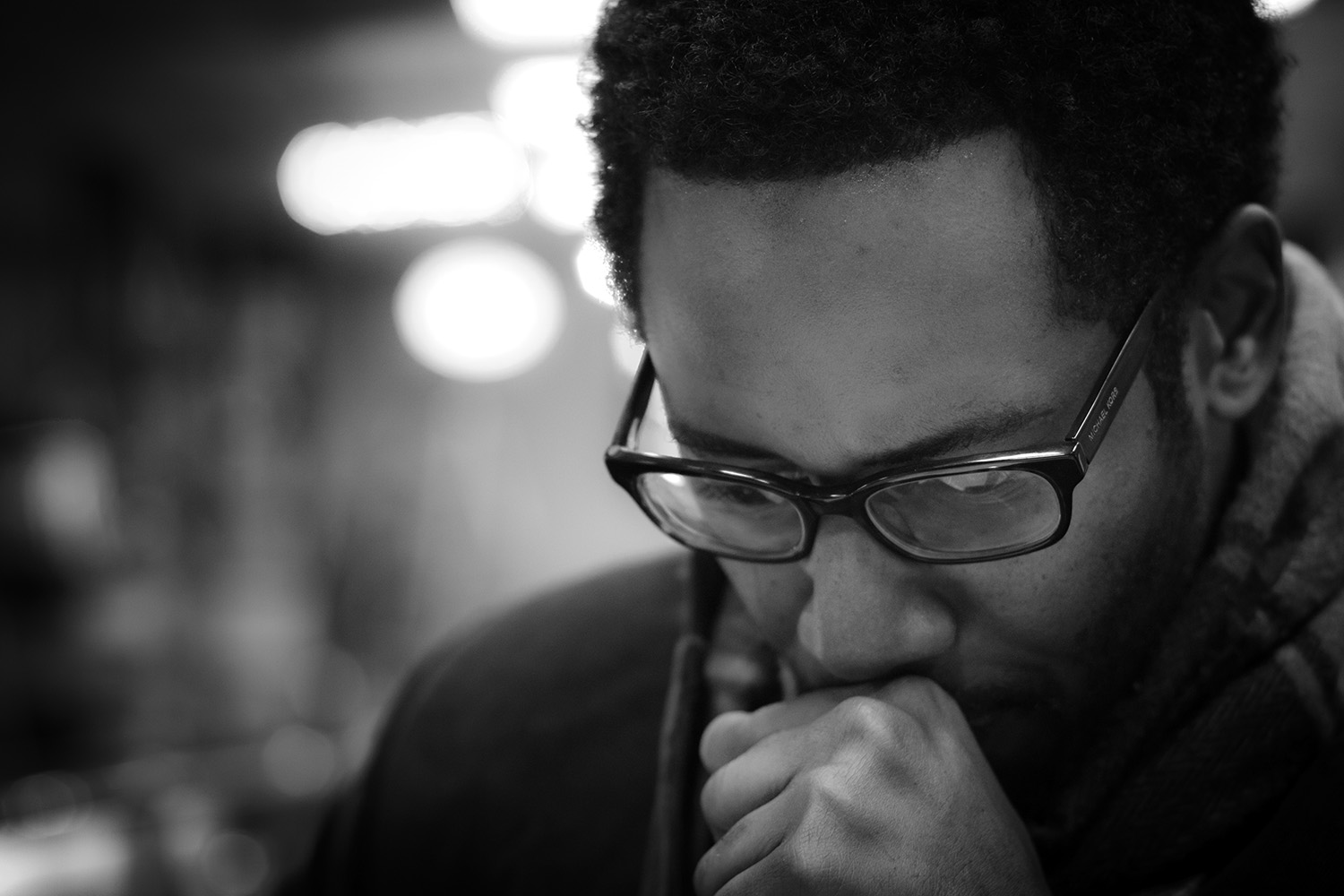

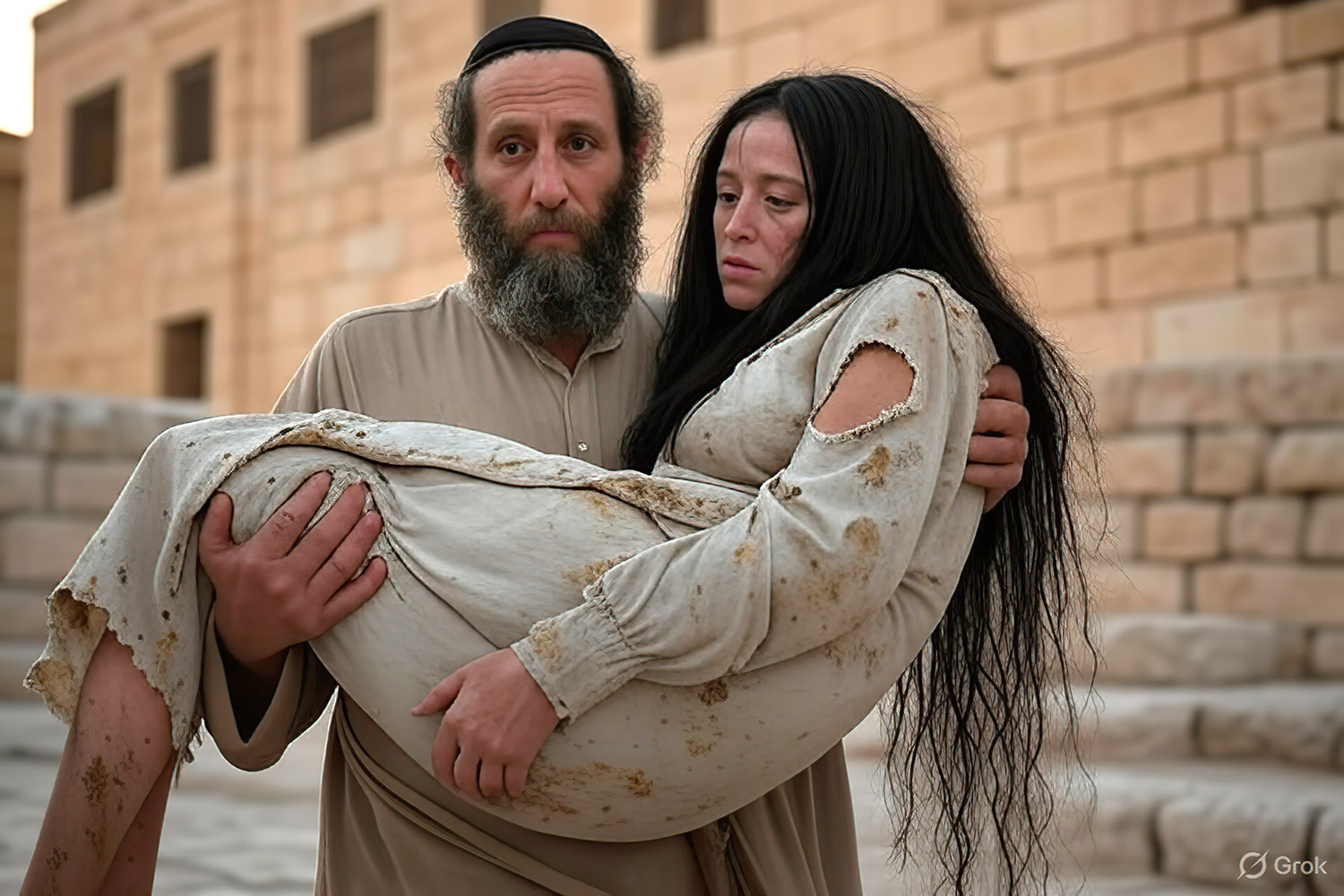



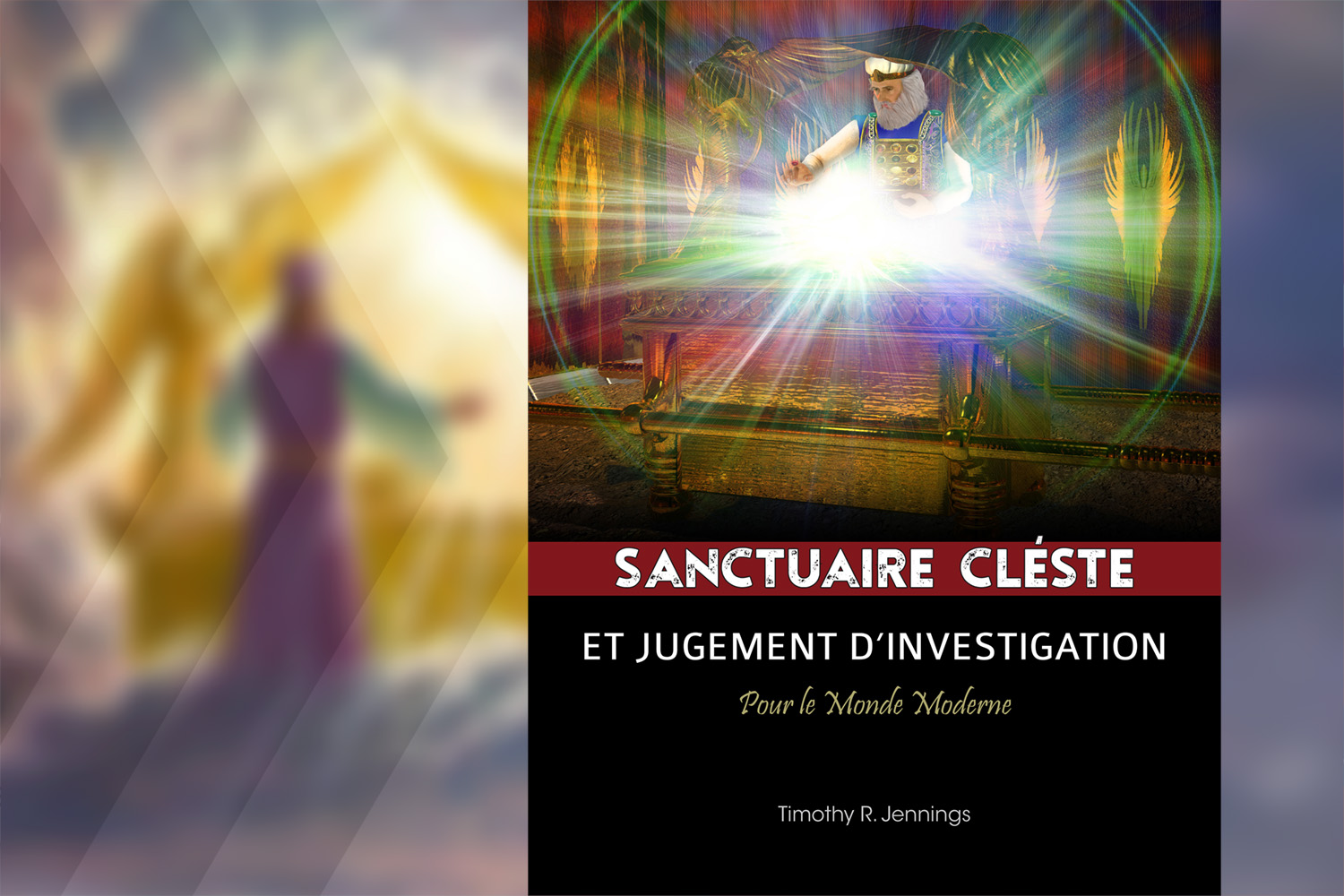
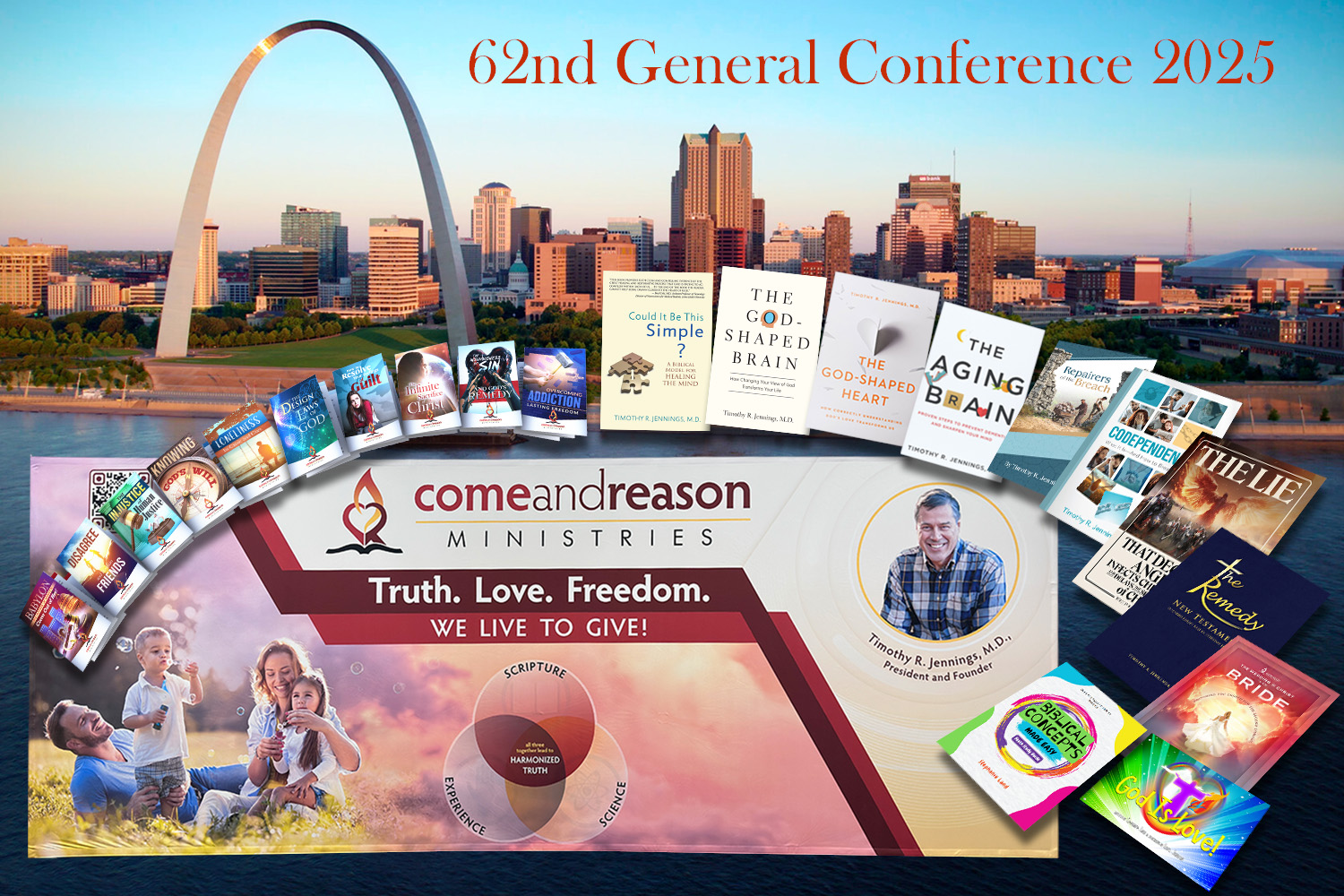

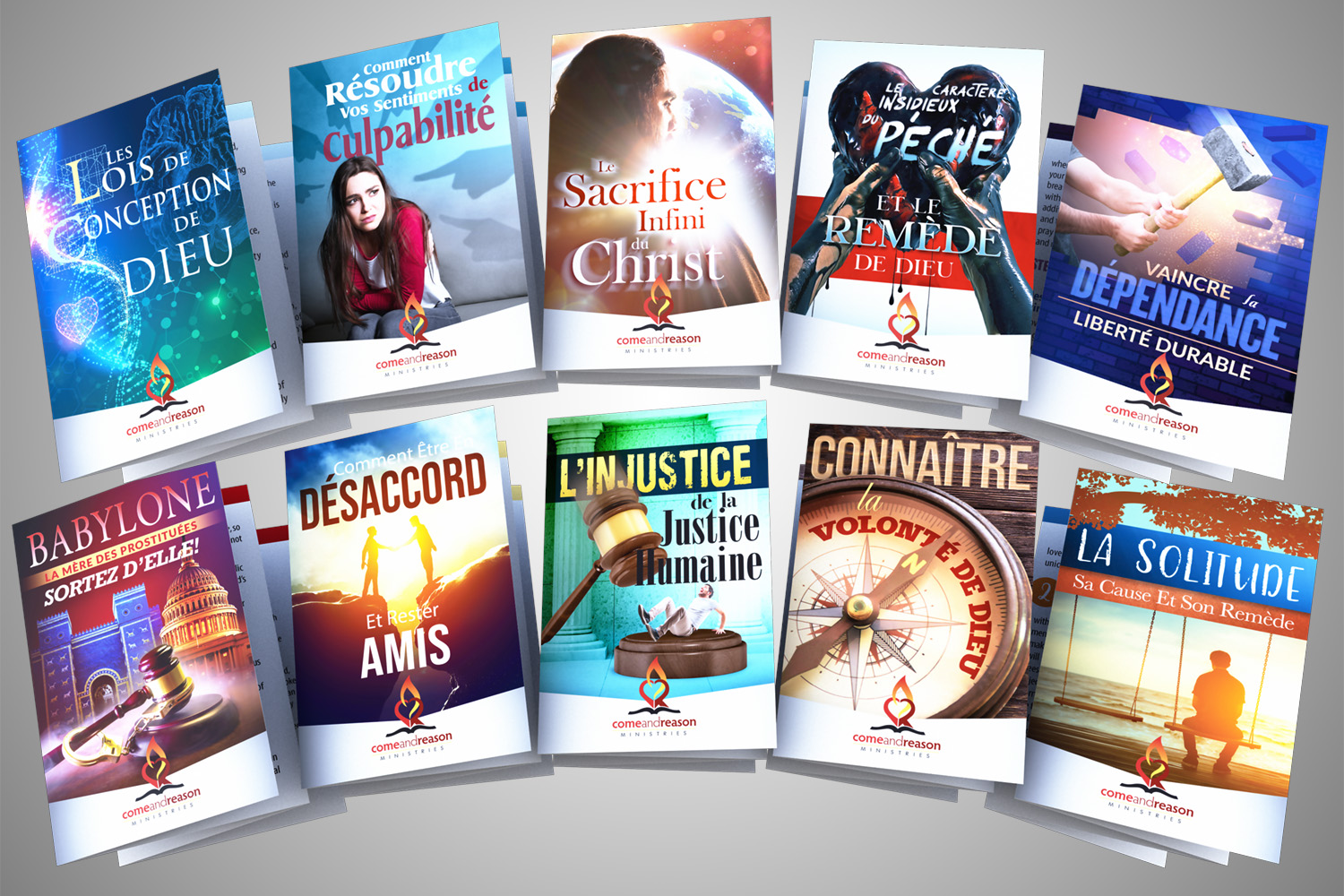
 using your credit or debit card (no PayPal account needed, unless you want to set up a monthly, recurring payment).
using your credit or debit card (no PayPal account needed, unless you want to set up a monthly, recurring payment). instead?
instead?